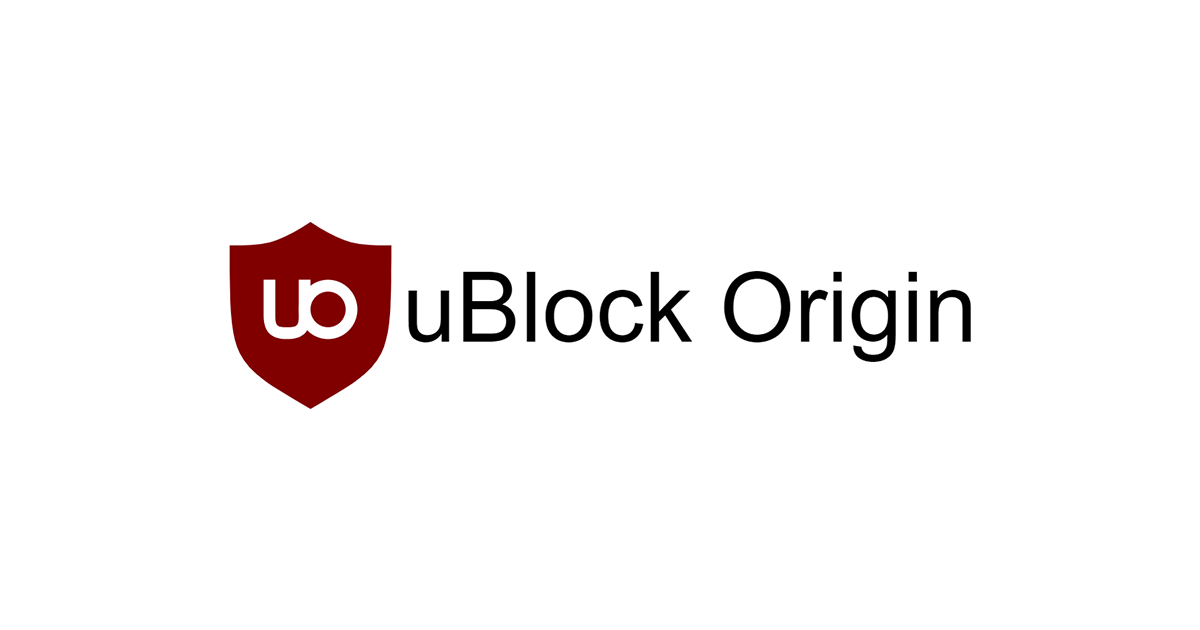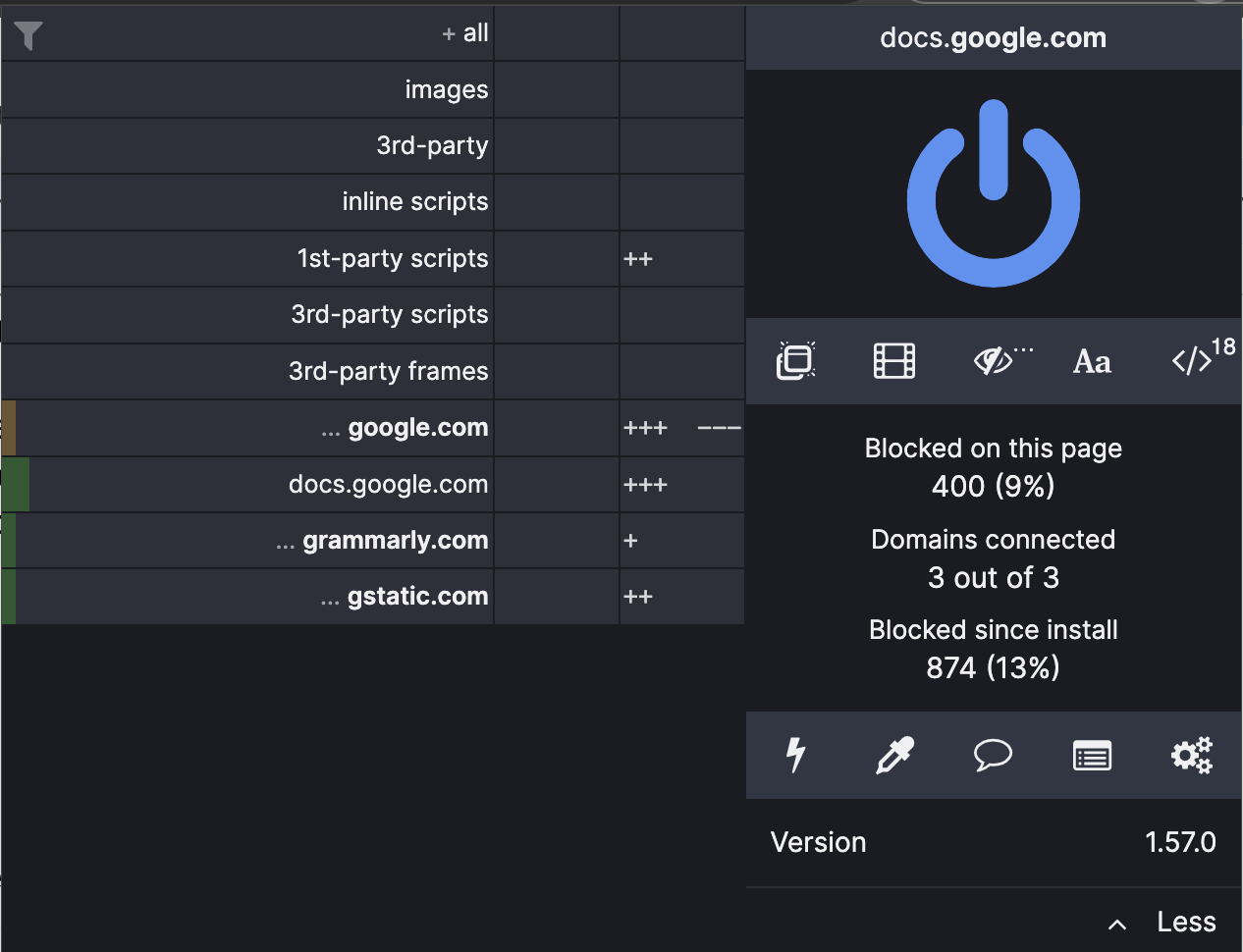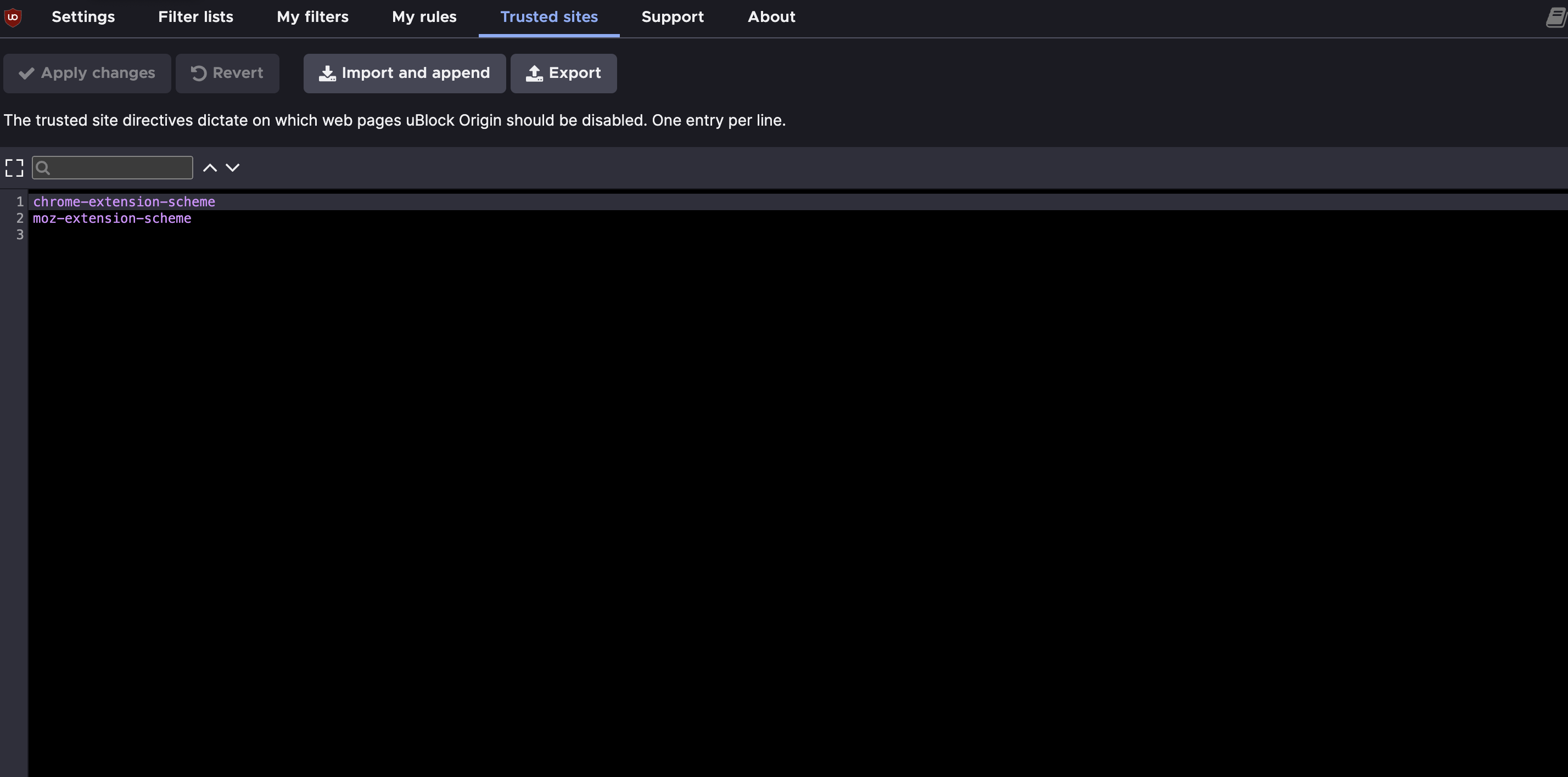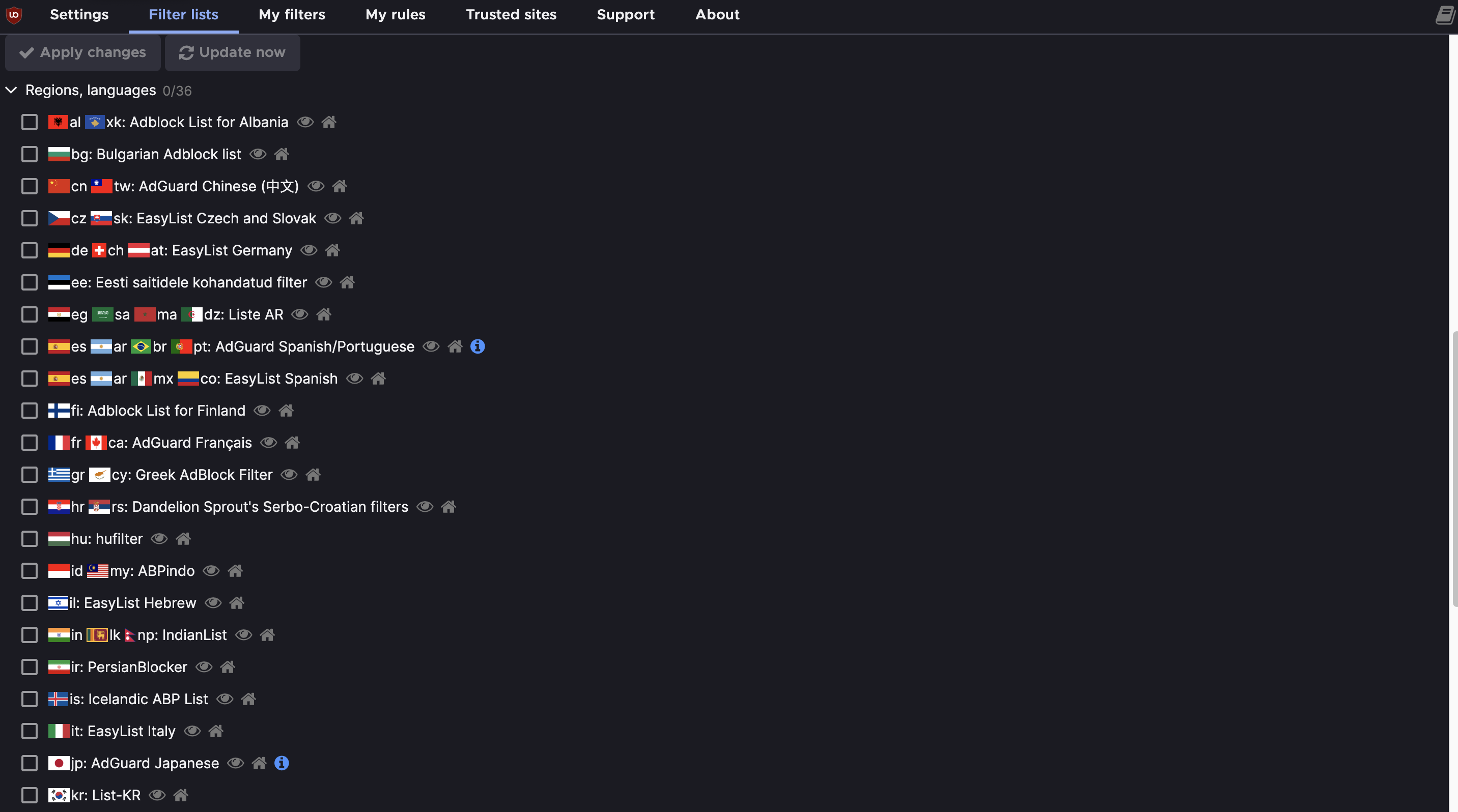
Excessive ads are a common issue on the internet. Ask any internet user one of the main problems they encounter, and you’ll likely hear about too many ads when interacting with content.
Websites increasingly rely on ads to fund themselves, and this trend has driven publishers to focus on monetization over content creation. You might encounter a website with half ads and half content, making browsing miserable. Some might have poorly placed ads that make navigating the site miserable. Regardless, there’s a solution to this issue: an ad blocker.
uBlock Origin is one of the most popular ad blockers for web browsers. It’s also free and open-source, enabling you to avoid annoying ads without paying a dime. We’re reviewing this tool to help you decide whether it’s worth adopting. We’ll cover its important aspects, including features, pricing, interface, and customer support.
uBlock Origin: Plans and Pricing
uBlock Origin is a free tool, one of its main advantages. Raymond Hill, a solo developer, released this tool in 2014 and made it open-source, allowing other developers to contribute to its maintenance and upgrades.
You can download and use uBlock Origin anytime without paying a dime, unlike many competitors that charge monthly or annual fees. Being free has played a vital part in uBlock Origin’s growth to over 37 million downloads on Chrome and 7 million+ on Firefox.
For unclear reasons, uBlock Origin refuses donations, unlike other open-source projects. Instead, it advises interested supporters to donate to some vetted developers who maintain the project.

uBlock Origin: Features
uBlock Origin does one thing and does it very well: blocking ads from your browsing experience. This tool is available as an extension for different browsers, including Chrome, Edge, Firefox, Opera, Brave, and Safari (before version 13). You can download it from your relevant browser store and block ads immediately.
One thing we enjoyed about testing uBlock Origin is the detailed information the extension provides about the ads and trackers it has blocked. You can see the number of ads blocked on every web page you visit and the cumulative number of ads blocked on that page since you installed uBlock Origin. These stats make it easy to verify that uBlock is doing its job.
uBlock works by filtering out web page elements that disrupt your browsing experience with ads. It acts as a filter for your web traffic: when you request a page and the contents drop into your browser, uBlock checks against a database of filters and block domains that host ads and trackers. This platform doesn't receive any payments for "acceptable ads," which some ad blockers do and serves ads deemed in good standing. uBlock blocks all ads equally.
You might have some websites you trust and want to still see ads on them. For example, there might be an ad-funded news site you like and want their ads to keep showing on your browsers to help the site generate revenue. In that case, you can navigate to your settings and add the website domain to your list of “Trusted Sites.” uBlock disables itself for any website on this list.
uBlock maintains various filtering lists for ads, malware domains, and cookie notices. You can add or disable lists that the extension uses to block ads from your browser. There’s an auto-update setting that enables the list to keep up with continuously changing domains from ad servers.
This extension is available in 36 languages, with a separate ad-block list for each one. Hence, you can browse in many languages without worrying about ads disrupting your user experience.
A very good feature of uBlock Origin is that you can back up your settings and install it on another browser. This feature downloads all your custom settings in a text file, which you can upload to another browser where the uBlock extension is installed. In that case, you’ll see all your custom settings in the second browser just like it was in the first.
The main drawback we observed is that uBlock does not have a desktop or mobile app, unlike some other ad blockers. It’s only available as a browser extension, but that’s understandable for a free tool maintained by a small team.

uBlock Origin: Interface and In-Use
uBlock Origin is a noticeably easy-to-use tool, starting from the download and installation. You can head to your relevant browser extension store and download the tool within minutes.
This extension breaks down the apps it has blocked, including the origin domains. You can customize your dashboard to a great extent, changing the theme to light or dark or changing the accent colour. You can toggle the ad-blocking feature on and off instantly. uBlock Origin scores very high in ease of use.
uBlock Origin: Customer Support
Because it’s a free tool, don’t expect much customer support for uBlock Origin. There’s no dedicated team to call to help you resolve any issues you have with the app. You have to figure things out yourself, but we appreciate that the team behind uBlock Origin has released detailed technical documentation concerning all its features. You can check this documentation to find solutions to your issues.
uBlock is a very popular tool, so you can also ask for help on IT forums or IT-related subs on Reddit. Many developers and users are willing to help others become familiar with this ad-blocking tool.

uBlock Origin: The Competition
We'd like to highlight two competitors to uBlock Origin: Privacy Badger and Ghostery. These are also free extensions you can use to block ads and improve your browsing experience. However, our tests indicate that uBlock is better at blocking ads, owing to its larger database of ad and tracker-serving domains.
uBlock Origin: Final Verdict
uBlock Origin is an ad-blocking tool we’ll recommend to anyone. It works with most popular browsers and allows you to wipe ads away from your browsing experience without paying a dime. It’s also very easy to use and configure, giving it an edge over most other ad-blockers.
- We've listed the best adblockers







